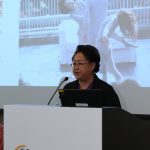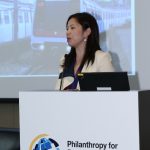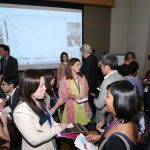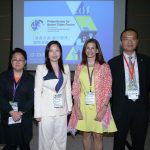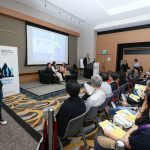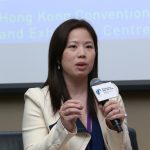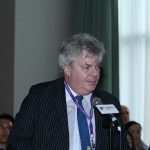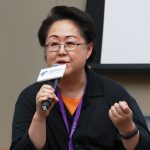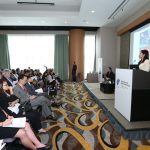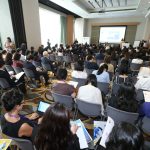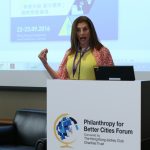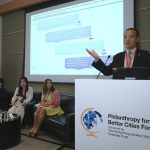Speakers:
- Dorothy Chan Senior Manager – Corporate Responsibility, MTR Corporation
- Phyllis Costanza CEO, UBS Optimus Foundation
- Ada Wong Founder, The Good Lab
Facilitator:
- Bryan Wong Executive Manager, Charities (Strategic Planning & Projects), The Hong Kong Jockey Club
Presentation Slides – 1
Presentation Slides – 2
Our youth are the pillars of our society to support its growth and development. The multifaceted nature of the world today demands an informed and skilled citizenry. While education has been one of the most funded philanthropic initiatives globally, with the rapidly changing demands of our global world, how can philanthropy in education keep up with the pace of change and stay relevant?
The panelists noted that education as a field to support is highly popular in philanthropy. However, tackling education policy or systems reform is extremely complicated and politically-charged. As such, philanthropy tends to focus more on innovation in education and on training the teachers and students to be change-makers.
In the global setting, Ms. Costanza noted a few trends in education: 1) innovation in development impact bonds (DIBs) that leverage on cross-sectoral support; 2) partnership shifts from not only access but also quality. She however lamented that still 200 million children are not receiving proper early childhood education especially among the poorest. There is yet no market mechanism to ensure that innovations are rolled out and adopted.
In Hong Kong, according to Ms. Wong, education system is “from the past” and does not respond to future needs. She encouraged the creation of multiple pathways for young people who might excel in different areas and would otherwise not fare well in an exam-focused environment. Ms. Chan shared the corporate perspective of her firm MTRC in how it seeks to leverage its assets and expertise to address social needs and bring benefits to the community. She also noted the confluence of a shrinking youth and expanding ageing demographics is worsening the city’s dependency ratio. This shift has significant implications on today’s youth readiness for future career prospects and life skills.
In closing, all three panelists called for greater empowerment for change and to be change-makers, to take more risk in doing new things, and to be “ok not to be ok” and have the courage to try things out to see how it works out.
